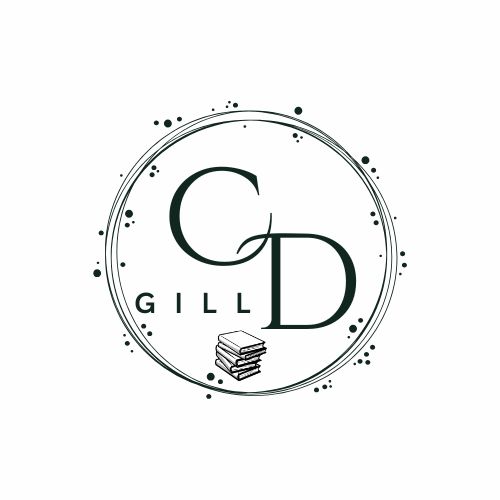In the past two years, selling babies has really started drawing the attention of news networks and those advocating against human trafficking. One of the main stories that garnered international outrage was the blonde-haired, blue-eyed girl named Maria, found in a back room of a house in a gypsy village in Greece October 2013. She was said to be adopted but later the couple who had “adopted” her revealed that she was purchased from a questionable source and intended to be a future child bride. Her complexion would fetch her a high price. While that trend is disturbing in itself, reports of baby factories in Greece and Africa have surfaced. The thought of mafia selling babies to rich Western couples desiring to adopt wrecks my heart in every way. Why can’t we live in a world where making a quick buck isn’t the first instinct? Why must desperate moms even be approached with money to hand over their babies and then their babies sold or “adopted” for ten times the amount?
To be clear, adoption isn’t buying a baby. The baby buyers are those paying the moms to give up their babies. Those same baby buyers are making a profit off of preying on the vulnerable–the couple longing to adopt, the cash-strapped mom, and the innocent baby. I researched this concept for a novel I’m writing. Here are some horrifying stats from Havoscope (a black market info site.)
Updated: June 19, 2014.
- PRICE per PERSON
These prices, of course, are what the baby buyers are paying the moms. The adoptions of these babies bring in a hefty sum more than that for the seller.
So there’s the bad news, but what is being done to end this trend? Currently, the main advocates against baby selling is human trafficking fighting organizations in general and local governments in specific. Russia and other former Soviet-bloc countries are the worst culprits in Europe, but China is arguably the biggest offender in the world due to their one-child policy, but Nigeria isn’t far behind. I can’t even imagine the horror of finding out your child’s background after the roller coaster of adopting a child. What makes the crime more egregious is that babies don’t know. They can’t tell the story. They are the silent victims of a greedy mother or Russian mafia who set up a good front, but are all scandal in the dark, secret recesses of their operation.
Parents adopting internationally: vet your adoption agency. Make sure it is an organization that can be trusted. Selling babies is not a monster the West can afford to feed.



So what are the main differences between baby buying and adoption? For the adopting parent who doesn’t suspect anything, adoption costs a lot and baby buying costs a lot. In your research did you find out how potential adoptive parents could know the difference?
Baby buying looks different around the world. In Europe, the mafia pays a mom for the baby and then puts the child up for adoption. In Nigeria, moms offer their babies for sale so they can get money. Adoption isn’t baby buying because reputable adoption agencies aren’t persuading parents to give up their kids based on monetary gain. With baby selling just starting to come to light, there’s been little said about how to tell the difference in Europe where the crime is more discreet. Mainly, adoptive parents need to vet the agency they will be working with and know it has reputable ties, is registered with the governments, and is taking all precautions to make sure the adoptions are legal and not “under-the-table” deals. Although, sometimes in China the government knows about the baby selling and they don’t do anything because of their one-child policy. As more is learned about the crimes, more solutions and ideas will come up.